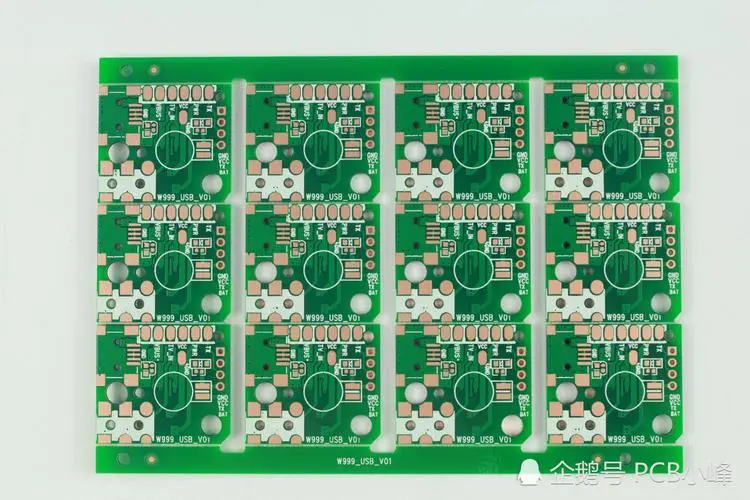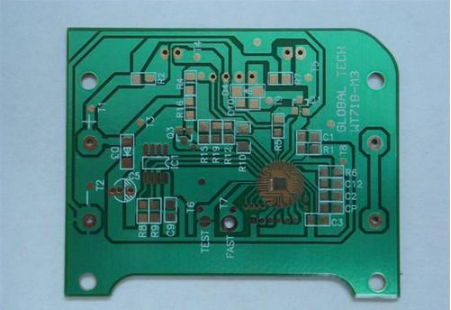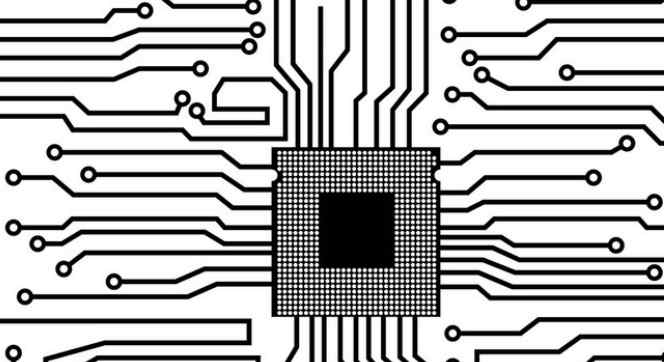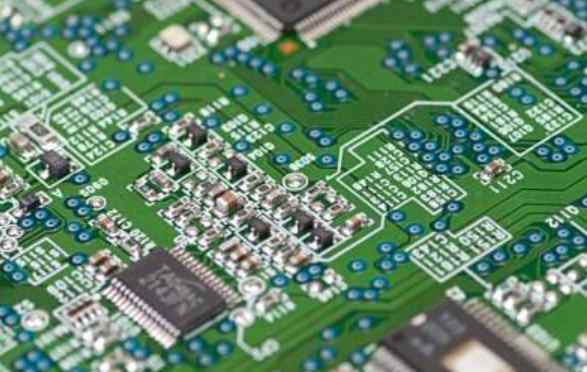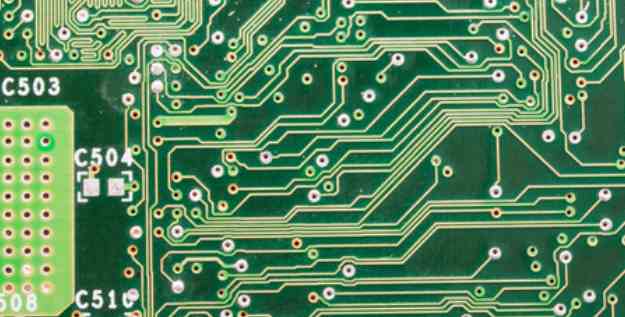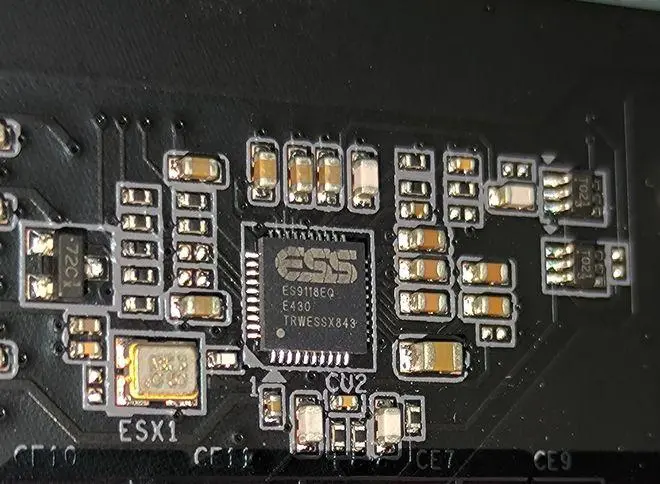
When we use the flexible circuit board, do you know its basic structure and what it is composed of? Let's split it to give you a simple understanding of its basic structure.
1. Copper Film
Copper foil: basically divided into electrolytic copper and calendered copper 1oz, 1/2oz and 1/3 oz are common in thickness
Substrate film: the common thickness is 1mil and 1/2mil
Glue (adhesive): the thickness depends on the customer's requirements
2. Cover Film

Protective film: for surface insulation The common thickness is 1mil and 1/2mil
Glue (adhesive): the thickness depends on the customer's requirements
Release paper: avoid the adhesive adhering to foreign matters before pressing; It is convenient for operation
Flexible circuit board
3. PI Stiffener Film
Reinforcing plate: It is used to strengthen the mechanical strength of FPC, which is convenient for surface installation. The common thickness is 3mil to 9mil
Glue (adhesive): the thickness depends on the customer's requirements
Release paper: Avoid foreign matters on the adhesive before pressing
EMI: electromagnetic shielding film, which protects the circuit in the circuit board from external interference (strong electromagnetic area or easily interfered area).
Know the basic structure of the Flexible circuit board, and have an understanding of our understanding of the flexible circuit board. The above is a brief introduction. Welcome to have a brief understanding if necessary
Four kinds of common flexible circuit board production
1. Single sided flexible plate
Lowest cost. When the requirements for electrical performance are not high and single side wiring is possible, single side flexible circuit board shall be selected. This most common form has been used commercially, such as inkjet cartridges for printers and memory for computers. The single-sided flexible board has a layer of chemically etched conductive patterns, and the conductive pattern layer on the flexible insulating substrate is a calendered copper foil. The insulating substrates used for flexible assembly can be polyimide (Kapton), polyethylene terephthalate (PET), aramid fiber paper (Nomex) and polyvinyl chloride (PVC).
2. Double sided flexplate
The double-sided flexible circuit board is a conductive pattern made of a layer of etching on both sides of the base film. The metallized hole connects the figures on both sides of the insulating material to form a conductive path to meet the design and use functions of flexibility. The covering film can protect the single and double sided wires and indicate the location of the components.
Flexible circuit board
3. Multilayer flexible board
Multilayer refers to laminating three or more layers of single-sided or double-sided flexible circuit boards together, forming metallized holes through drilling and electroplating, and forming conductive paths between different layers. In this way, complex PCB welding process is not required. Although the number of conductive layers designed as this flexible type can be unlimited, in order to ensure convenient assembly, the interaction between assembly size, number of layers and flexibility should be considered when designing the layout.
4. Rigid flexure combined type
The traditional rigid flexible composite plate is composed of rigid and flexible base plates selectively pressed together. The structure is compact and conductive connection is formed by metallized holes. Considering reliability and price factors, PCB manufacturers should try to keep the number of layers as small as possible.
HDI rigid flex joint printed circuit board: High Density Interconnection (HDI) rigid flex joint printed circuit board is a high-end printed circuit board product. Its goal is to meet the demand of electronic products growing towards miniaturization, high frequency and high speed, and multi-function. HDI rigid flexible joint plate combines the advantages of popular HDI plate and rigid flexible joint plate, promotes the high integration and high intelligent growth of electronic system design and production, and has been widely used in high-end electronic products such as aerospace technology, medical equipment and cost.


